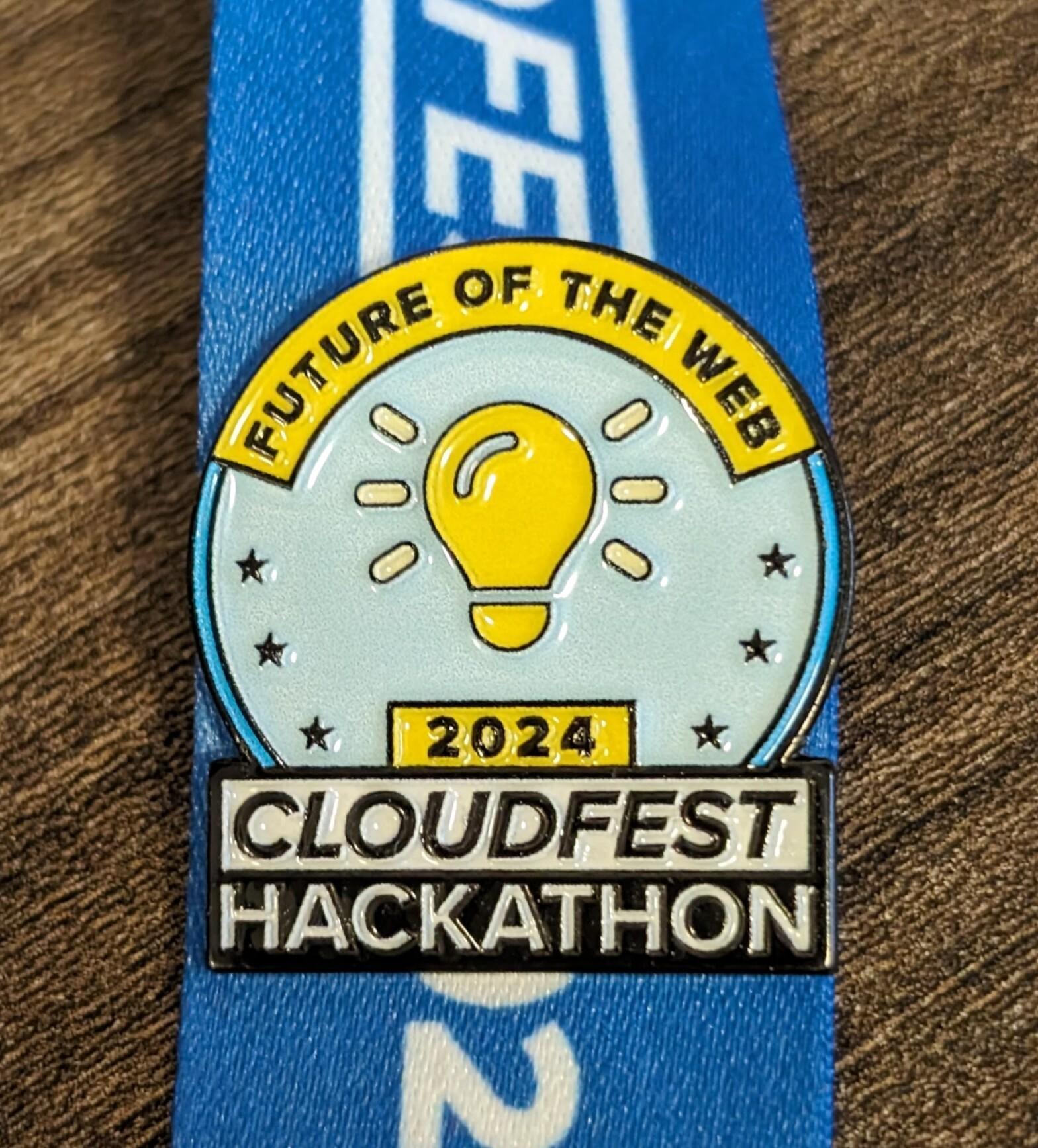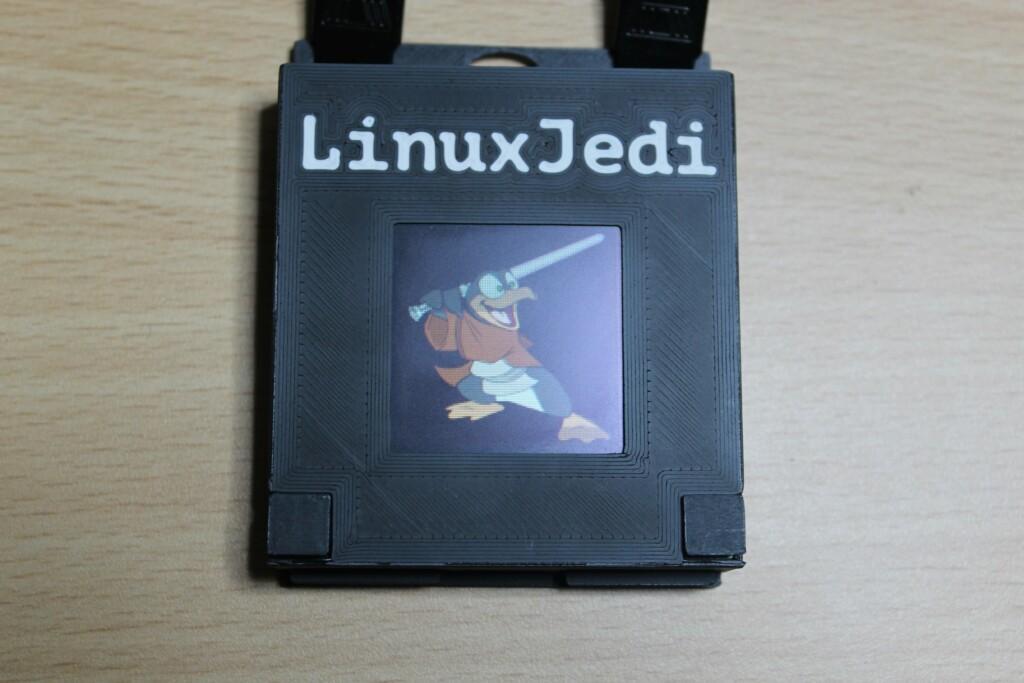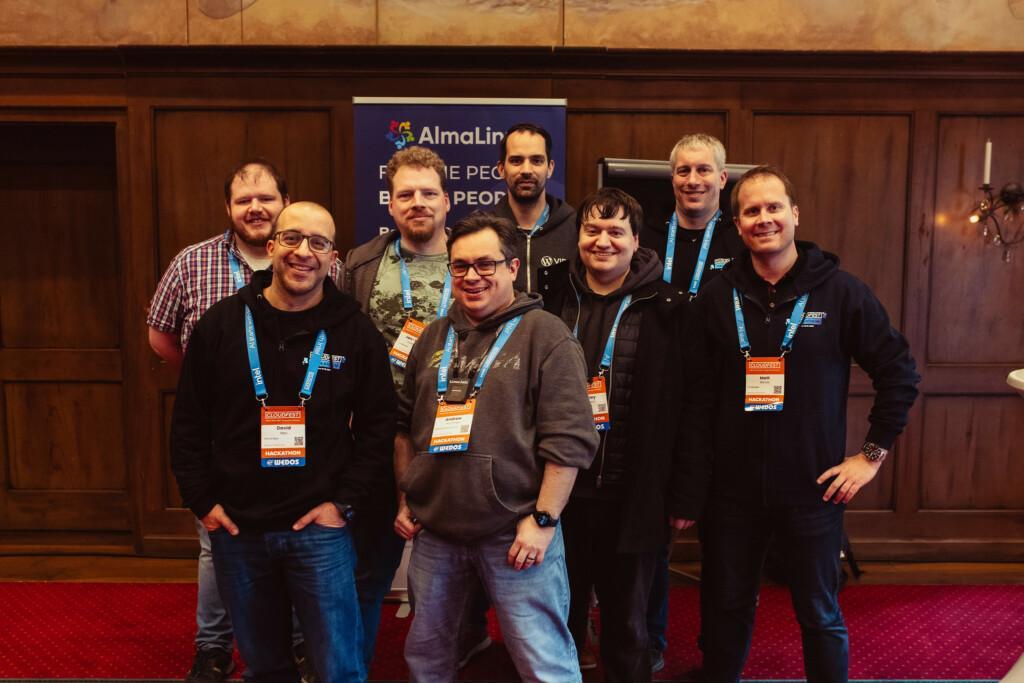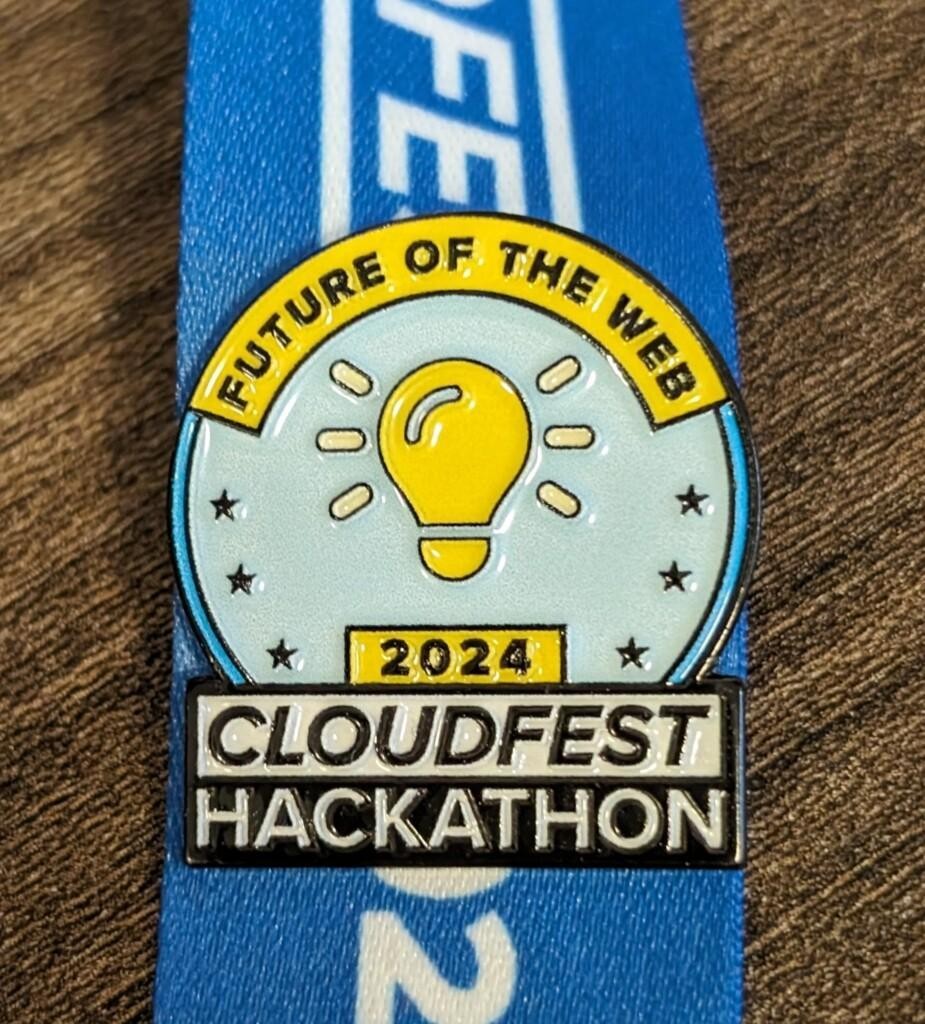MariaDB Wins at the CloudFest Hackathon

OK, MariaDB Server didn’t specifically win, but a project around the MariaDB Catalogs feature won and the team behind it was led by me. In this post, I shall dig into what the CloudFest Hackathon is, what we did there and why it is a big deal.
CloudFest and the Hackathon
CloudFest is an event that happens every year in Europa Park, which is normally an amusement park, located in Rust, Germany. It is a fantastic web hosting and cloud event that spans a whole week, and there are often a lot of entertainment events happening around the main event. The weekend prior to CloudFest is the Hackathon event. There, over 120 people split into 11 teams to develop new ideas, typically around web applications.
Of course, by my nature, I am a software and hardware hacker. Before the event I designed this battery-powered badge to wear during CloudFest, from the PCB design and 3D-printed case, to writing the firmware, including the OLED drivers, and even the animation and rendering library, all completely from scratch.

I led a team at the CloudFest Hackathon last year for a project around adding MariaDB-specific health checks to WordPress. This year we wanted to do something that was a bit more inclusive with regards to the PHP framework in-use. We also wanted to base it around MariaDB Catalogs, as that was a feature we came up with during discussions at the 2023 CloudFest, and it is very relevant for hosting companies. The project title we came up with was “Integrating MariaDB Catalogs with PHP Platforms“.
Hacking at the Hackathon
On the morning of the Saturday, I gave my two-minute pitch, along with the other project leaders, and the attendees got to pick which of the projects they wanted to work on. I ended up with a team of eight, including me, all people with various PHP-based backgrounds.

Things were a little difficult at the start on Saturday. The MariaDB Catalogs alpha was not quite ready, we did not have binaries, only source code. This meant that the first task was to create a way so that all the hackers could get access to running MariaDB Servers with the Catalogs feature. A Docker image was quickly created for this task. In parallel to this, some of the team members had already started working on the framework for the PHP library we wanted to create.
The team were the first people in the world, outside a handful of MariaDB Server developers, to use the Catalogs feature. It is in a pre-alpha stage right now and unfortunately, there were bugs. The team used it in ways that we did not originally intend when designing it, but made logical sense. Those usage patterns would cause crashes (the crashes were fixed the day after the Hackathon). Workarounds were possible for the bugs, so these were implemented into the library.
By the end of the second day, we had a working PHP framework and had integrated into WordPress’ site setup page so that a Catalog could be created along with a WordPress site. We had also integrated it into WP-CLI for administering along with WordPress administration at an operating system command line. Finally, we created an example integration for websites that use the Laravel framework.
On top of this, the feedback gained from my team using the MariaDB Catalogs feature has fed back into the development of the project, improving the usability for the final release.
The Award
The CloudFest Hackathon has six possible awards available. These are:
- Future Of The Web Award: For the team with the most forward-thinking project.
- Dream Team Award: Celebrating exceptional collaboration and teamwork.
- Social Media Master Award: For the team that creates the biggest buzz online.
- Web Impact Award: Recognizing a project with a significant positive societal impact.
- Pitch Perfect Award: Awarded for the most compelling project presentation.
- #CFHack2024 Overall Winner: The top honour for the team that stands out above all.
Three of these awards went to the “Can everyone use ____ ?” accessibility project, which in my opinion was very well deserved. Anne from the team also helped with the accessibility of my slides for the final presentation.
My team ended up winning the “Future Of The Web Award”, which I think is incredibly fitting. MariaDB Catalogs will save hosting companies a lot of money, and will make it easier to monitor and put finer-grained constraints on the database usage of their customers. The PHP integrations will give a lower barrier to entry for people integrating Catalogs into their admin panels.

What did we win? Well, we each got one of these cool badges. But our award was sponsored by wp.one, and the way the awards work is both unique and fantastic. The prize money goes to Groundbreaker Talents, an organisation dedicated to providing scholarships and resources to women in Uganda who wish to work in Software Engineering. The Hackathon last year helped fund the tuition for Vanessa Nalugya, and CloudFest paid for her to fly over this year so she could participate in the Hackathon.
I want to thank Carole, Alain, Lucas and everyone involved in hosting a fantastic event. I had a lot of fun and the MariaDB Foundation, and the open source community in general, are gaining so much from the work done here.